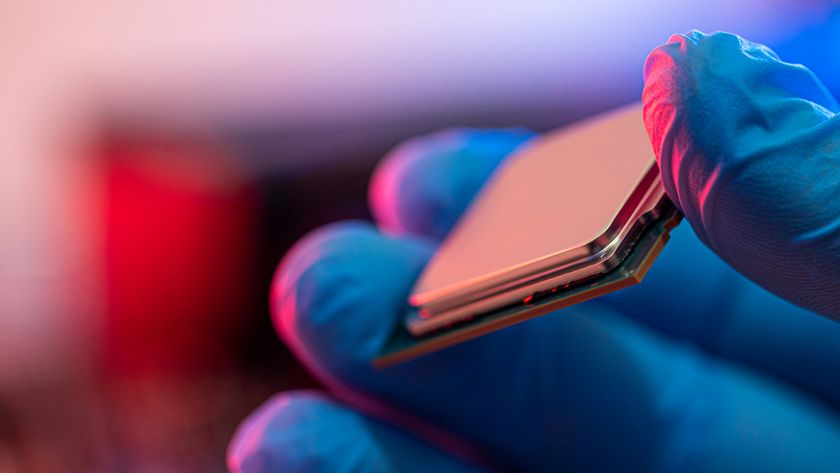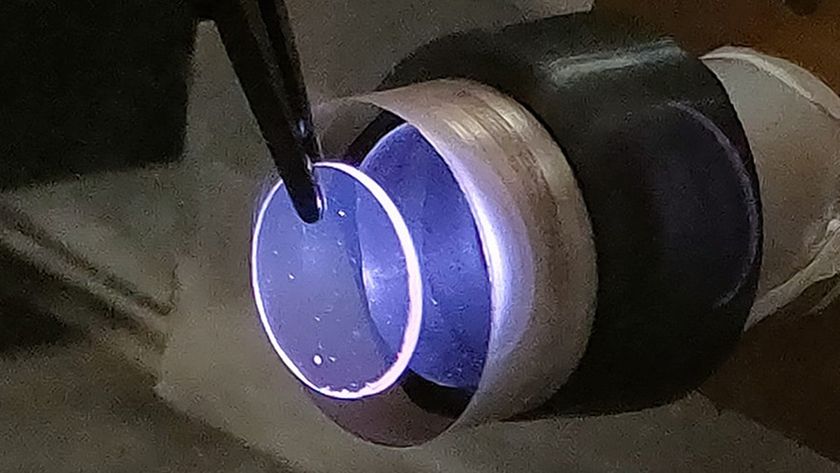Sony SmartWatch 3 Review
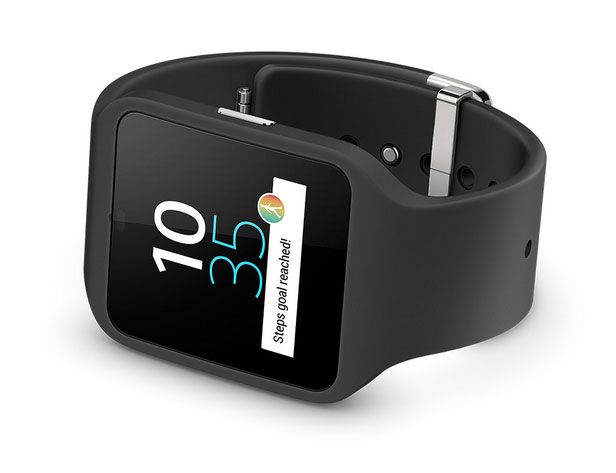
The SmartWatch 3 SWR50 is a device from Sony that lets you see notifications from your smartphone — including emails, calls, texts and even GChats — right on your wrist. The smartwatch, which runs the Android Wear operating system, also responds to voice commands, so you can ask about the weather or send emails just by speaking.
One feature that separates the SmartWatch 3 from many other smartwatches is that it has built-in GPS, so you can track workouts without needing to bring along your phone. And if you want to listen to music on your run, you can download songs to the smartwatch itself, which pairs to headphones via Bluetooth.
It costs $250, which is about the middle of the price range for smartwatches.
But the device also lacks some features that have become common in wearable devices — it doesn't have a heart-rate monitor, and it doesn't track sleep by itself. (However, you can download apps to the SmartWatch 3 to track sleep.) In addition, it works only with Android phones, so you're out of luck if you have an iPhone.
Overall rating: 6/10
If you're specifically interested in fitness-tracking features, you'd be better off with another device. Although the SmartWatch 3 tracks the total amount of time that you are active every day, and your daily step total (which you can view on the watch itself), it offers little in the form of motivation and, as previously mentioned, lacks a heart-rate monitor.
But if you're looking for an extension of the experience on your phone, the SmartWatch 3 is not that bad. The ability to search the device with voice commands is a plus, since there's no button pressing. The watch vibrates when you receive a notification, and you can reply from your wrist. And if you're eager to track your workouts without needing to carry a phone along with you, then the SmartWatch 3 may appeal to you.
Sign up for the Live Science daily newsletter now
Get the world’s most fascinating discoveries delivered straight to your inbox.
Still, the device is quite big and heavy, which is something to consider before you buy. In addition, the apps that you download need to be managed separately, which can make things complicated.
Design/Comfort: 6.5
I found the Sony SmartWatch 3 to be a rather large device with a clunky feel. The display on the watch face is 1.6 inches (4 centimeters) along the diagonal.. Because I'm a petite woman, the device looked big on my wrist. It feels as though it's designed to fit an average-size man. (This is a problem with many smartwatches that come in only one size. In contrast, the Apple Watch will come in two sizes.)
The SmartWatch 3's strap is adjustable, but it also has a clasp — its design ensures the two ends of the strap never come apart. (The Samsung Gear 2 uses a similar clasp.) It makes for a secure fit, but I had to fiddle with it quite a bit to get the watch on and off, which I didn't like. There's really no need for a watch strap to be so complicated.
But despite these design flaws, the SmartWatch 3 also has some great features. It has a color screen, and there are a number of background displays to choose from, which allows you to personalize the device. And you can even pop the watch face out of the strap and put it in a different strap — right now, the strap comes in black and lime, and the company says a stainless-steel strap will be available soon.
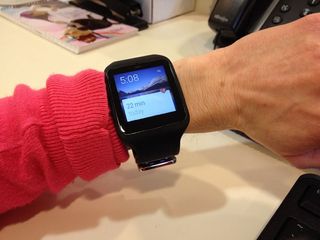
Another plus is that the backlight on the screen turns on when you twist your wrist to look at the watch, so there's no need to press any buttons to see the time. And the screen is "transflective," meaning it can reflect and transmit light — I found I could read the screen easily even in bright daylight.
The watch is also water-resistant, so you don't have to worry about getting it wet, as long as the charging port is closed. You can even take it in water up to 5 feet (1.5 meters) deep. However, Sony recommends you limit the device's time in the water to 30 minutes, so this isn't a device you want to use to track your swimming workouts.
The SmartWatch 3's battery lasts only two days, though this not uncommon for smartwatches. (Some fitness trackers, on the other hand, get at least a week's worth of battery, and the battery on the Basis Peak, which has a heart-rate monitor, lasts four days.)
User-friendliness: 6.5
Before you start using the device, you have to download the Android Wear app to your phone, and the app then walks you through how to use the watch. This walk-through explains all of the swiping and tapping you need to know to use the watch. Although I found this feature to be helpful, I was still sometimes a little confused when using the watch itself.
You swipe up and down to scroll through notifications or other features, swipe right to "dismiss" notifications and swipe left to see more information about a particular notification or feature. This swiping pattern takes some getting used to, and you might find yourself getting lost with all the swiping.
Fortunately, you don't have to swipe the screen to access features — you can also use the device's voice search. For example, you can say, "OK, Google, show me my steps," to see your step count for that day, or "OK, Google, what's the weather?" to see the current temperature. I liked this "hands free" feature, and the watch always seemed to understand what I said. You can even send an email just by talking to the watch. (Be careful, though: If you do this, the watch will send the email as soon as you stop talking, so there won't be a chance to review the email or check if you're sending it to the right person.)
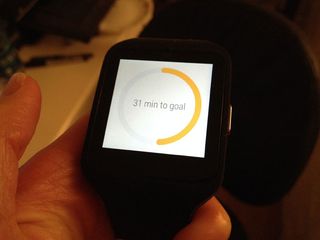
To use the device's built-in GPS, you'll first have to download an app for GPS tracking — I used the Google My Tracks app, which lets you track both your distance and your steps. Then, you simply open the My Tracks feature on the watch and start recording a run or walk. You'll be able to see the duration and distance of your workout on the watch itself, but to see any other information (such as a map of your route), you'll have to open the app on your phone after you finish.
I found the GPS worked well, but the My Tracks app doesn't tell you when the device gets a GPS signal, and lets you start "recording" a workout without picking up a signal. When I tested the device, I walked 45 feet before it registered that I'd traveled any distance, and it wasn't clear at what point the watch had picked up a GPS signal.
The SmartWatch 3 doesn't track sleep by itself, so I downloaded the Sleep as Android app, which was the suggested sleep app. I told the app to use my smartwatch (instead of my mobile device) for sleep tracking, and then started tracking right before I went to bed. The first few times I tried to track my sleep, the feature crashed on the smartwatch, but I eventually got it to work. However, you won't be able to see any of your sleep information on the watch itself; you'll have to view it on your phone in the Sleep as Android app. In addition, you can set an alarm on the SmartWatch 3, which vibrates to wake you up, but if you set an alarm through the Sleep as Android app, it will go off on your phone, and not on the watch.
One downside of using a smartwatch that can connect with other apps is that you end up having many apps that need to be managed separately, which can get complicated. The Wear as Android app pretty much let me change only the watch background and the watch settings.
You'll have to open a separate app (I used Google Fit) to view your activity data, another app (Sleep as Android) to view your sleep and a third app (My Tracks) to view GPS data. In contrast, most fitness trackers will show you all your fitness/sleep data in one app, and the Adidas Fit Smart will also show you your route in the same app if you bring your phone on a run. If you're used to managing lots of apps at once, this may not be a problem, but people who like to keep things simple might want to consider another device.
Value of Information: 6
As is the case with most smartwatches, the SmartWatch 3 doesn't do much that the average smartphone won't, though the device is a convenient way of tracking your runs. And having notifications appear on your wrist is useful when you have your hands full or don't want to reach for your phone to read a text.
Still, the device is not intended to get you fit, so it offers very little health information or insight into the data it tracks. The default step goal is 10,000 steps per day, and the default activity time is 1 hour per day. However, the device does not explain why this amount of activity was chosen as the default goal, and does not offer tips or motivation for getting more exercise.
Enjoyment/Inspiration: 5
The device's colorful screen and the ability to read the screen in many different lighting situations make it useful as a watch. In addition, the ability to search the device without pressing buttons may be appealing to some.
But in terms of motivation to get fit, the SmartWatch 3 comes up short. Despite tracking your steps and physical activity, the device doesn't send you alerts when you've been sitting too long (unlike the LifeTrak Brite and the Soleus Go), or notify you when you've nearly reached your step goal.
There are ways the SmartWatch 3 could be improved. For instance, the device could be offered in more than one size, and include a heart-rate monitor and sleep-tracking features. Overall, though, the SmartWatch 3 is not a bad smartwatch.

Rachael is a Live Science contributor, and was a former channel editor and senior writer for Live Science between 2010 and 2022. She has a master's degree in journalism from New York University's Science, Health and Environmental Reporting Program. She also holds a B.S. in molecular biology and an M.S. in biology from the University of California, San Diego. Her work has appeared in Scienceline, The Washington Post and Scientific American.
